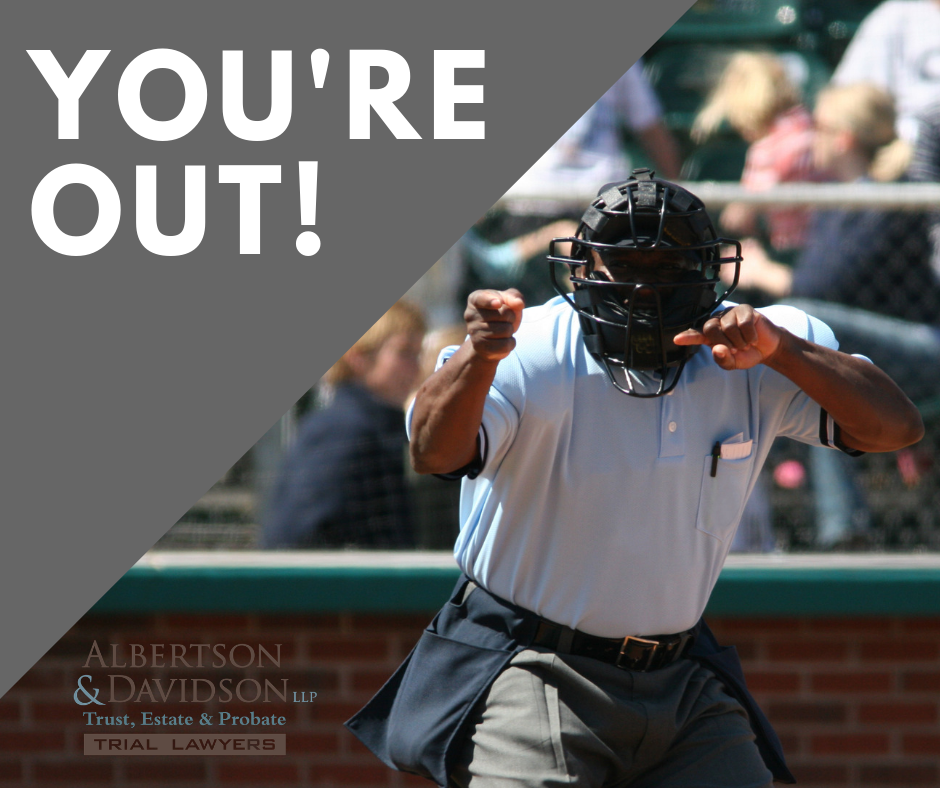
Why can’t the judge see the case, see the lies and throw out the bad Trust amendment? Ultimately, the judge or jury will decide if you win or lose your case, but the court does not have the power to make a decision without first following due process. Our judicial system is based on due process of law. That means that each party to a lawsuit must be given a fair opportunity to present admissible evidence to the court before the judge or jury makes a final decision.
From a practical perspective, this means a court cannot decide who wins and who loses until after trial. Trial is the time when the parties come together and present their evidence to the court. But there is much work to be done prior to trial.
For starters, you need to find the best evidence you can to support your case. Collecting evidence is accomplished through the discovery process. Discovery is the part of your case where you can issue subpoenas, demand documents from other parties, take depositions, and use other techniques to obtain as much relevant evidence as possible (or as financially reasonable—discovery is expensive).
Once you have your evidence, then you must proceed to trial. At that time, the court will decide what evidence can and cannot be used. Not all information, facts, witnesses, and documents can be used at trial. The court will only allow admissible evidence to be used. The rules governing admissible evidence are found in the California Evidence Code. For example, a bank statement that states the amount held in a Trust bank account can usually be used at trial, but someone’s speculation that the Trust owns “millions” in bank accounts cannot be used at trial. You need to find and use good, solid, admissible evidence if you hope to win.
In the end, the court will not make a decision without given every party a fair chance to be heard and present evidence. It can take anywhere from 10 to 18 months, or much longer, to schedule a trial in your Trust or Will lawsuit. It all depends on the type of case you have, the issues you confront in your case, and the schedules of the court, attorneys, parties, and non-party witnesses. There can be quite a few people who must come together to resolve a case through trial.
